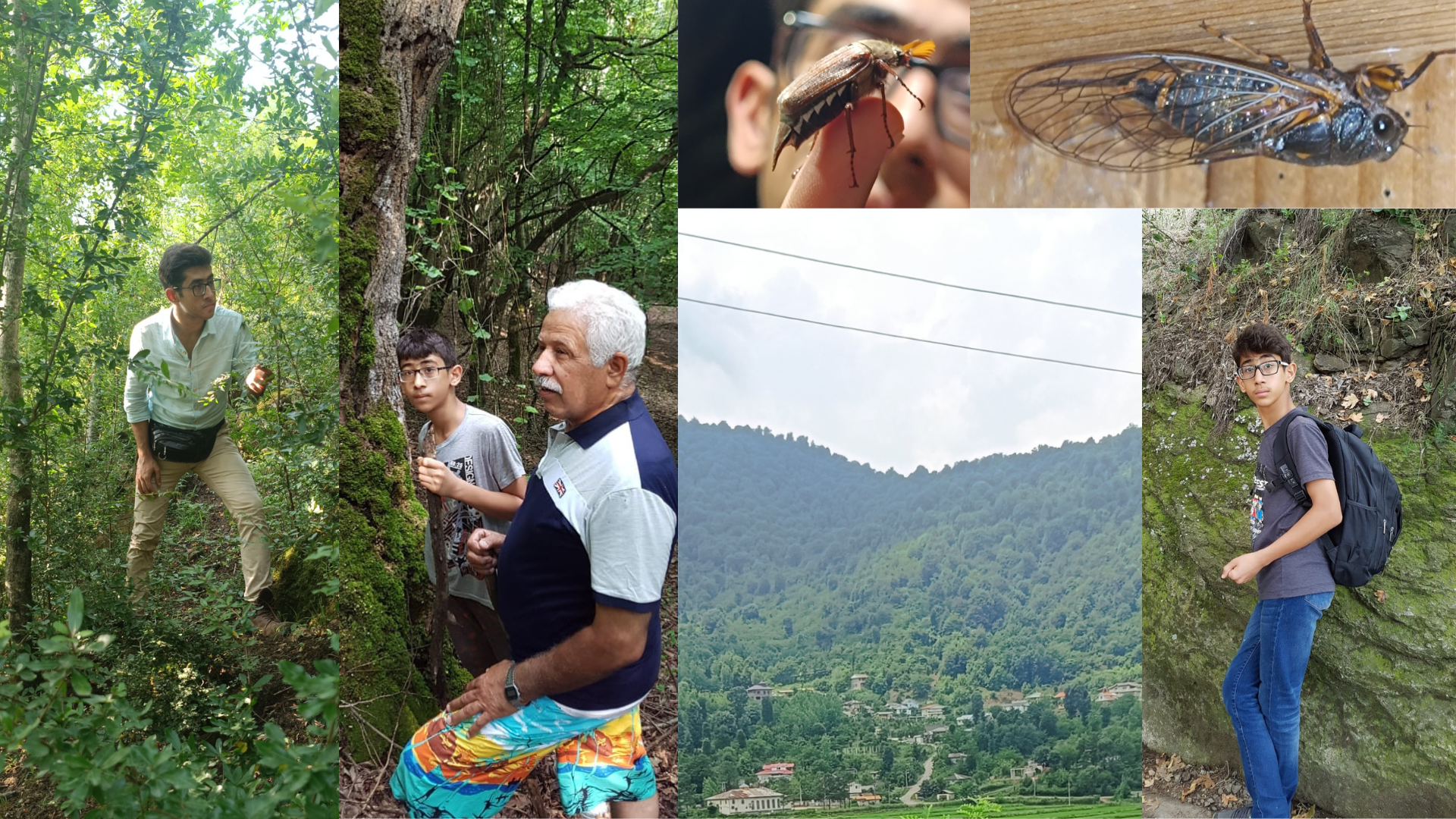This case study explores prefigurative politics in practice, highlighting movements that actively embody and implement it as a means of achieving liberation and justice. Additionally, this case study follows our latest Developing Conscious Activists’ capacity on prefigurative politics, which can be read here.
What is Prefigurative Politics?
Prefigurative Politics is organizing, and embodying the modes of existing and understanding that you long for, in the present. It's a notion that moves us to explore how "prefiguring" or realizing the values, principles, and structures we hope to see can serve as a means of effecting change and achieving liberation in the present. This involves practicing and living out the ways of being and knowing we seek to achieve, rather than waiting for a distant future to bring about change.
We understand Prefigurative Politics to be a beautiful tool for activism and we see those who use prefiguration, as an activist strategy, as activists who recognize that the means are the ends. For instance, if you want peace (i.e. the ends) you cannot get there by using war (i.e. the means). Peace begets peace. Love begets love.
Prefigurative Politics is a nuanced concept, encompassing both the complexity of actively moving against the status quo and building alternatives rooted in justice and liberation. Living as though the world you aspire to exist in is already here, while simultaneously navigating a world riddled with polycrises and social fractures is an intricate endeavor. That being said, we recognize that engaging in prefigurative politics is a revolutionary act and the potential of the change this notion dares to bring about is significant.
With this in mind, we are highlighting this list from our Developing Conscious Activists’ capacity on Prefigurative Politics to emphasizing the importance of engaging in Prefigurative Politics:
- Inspiring Change. Prefigurative politics can serve as an inspiring model for the change we are advocating for. It provides a real-world example of what our desired future might look like, connecting our present selves to our envisioned future.
- Liberation. As we work towards a liberated world it is of the utmost importance that we embody and practice liberation in the now. Prefigurative politics provides us the space to do that.
- Building Alternatives. “As long as we seek to take power in existing key hierarchical institutions, we will remain stuck in a logic of domination and will not be able to establish a genuinely equal, and democratic society. Rather, we need to transform those institutions, and broader society, so that the state, large corporations, and so on, no longer fulfill a domineering function.” (Prefigurative Politics, 2019) Prefigurative politics often involves creating alternative institutions, structures, and practices that challenge the status quo. This is important in bringing to life alternatives to harmful mainstream systems and norms.
- Long-Term Vision. Prefigurative politics reminds us of our long-term goals and vision. It serves as a constant reminder of the world we are striving to create, helping us stay focused and motivated even in the face of setbacks and obstacles.
- Radical Imagination. “What we cannot imagine cannot come into being.” (bell hooks) Prefiguration offers us the space to conceptualize our radical imaginings in meaningful ways and can be a tool to enable, embody, and put into action the world we long for.
“It wasn’t always this, and it won’t always be this… How can I find the most liberated position in the current reality?”
— Possibilities Podcast, adrienne maree brown
Prefigurative Politics in Practice
Prefigurative politics, and the resulting approaches that activists and communities have harnessed to bring about social change, have played a pivotal role in transformative social change. These pockets of liberation that have emerged globally serve as profound sources of inspiration, and among them, we find ourselves particularly drawn to the examples set by the Zapatistas, the Rojava movement, and the Landless Workers’ Movement. These revolutionary communities have not only carved out spaces of liberation in the world but have also demonstrated how prefigurative politics can be a tool for actualizing their visions and paving the way for a more just and liberated world.
“You never change things by fighting the existing reality. To change something, build a new model that makes the existing model obsolete.”
― R. Buckminster Fuller
The Zapatistas 1983- :
The Zapatistas, more formally known as the Zapatista Army of National Liberation, were founded in 1983 by a community of indigenous peoples in Chiapas, Mexico in response to relentless neo-colonial powers and their oppressive regimes. The Zapatistas represent a transformative example of prefigurative politics in action. By rejecting traditional hierarchical structures and embracing horizontal decision-making processes, the Zapatistas have established autonomous, self-governed communities that prioritize local empowerment and indigenous rights. Their commitment to social justice is evident in their emphasis on education, healthcare, and sustainable agriculture, reflecting a dedication to prefiguring the inclusive and relational society they envision. The Zapatista movement demonstrates the capacity of prefigurative politics to resist oppressive systems while simultaneously constructing alternative, emancipatory frameworks that prioritize the well-being and agency of marginalized communities.
“We are an army of dreamers, and that's why we're invincible.”
— Subcomandante Marcos

Rojava Movement 2012- :
The Rojava movement also exemplifies prefigurative politics in practice by actively embodying the principles of grassroots democracy, gender equality, and social ecology in the present, reflecting a vision of a more just and inclusive society. Amidst the complexities of the Syrian conflict, the autonomous region of Rojava in northern Syria has established a political system grounded in direct democracy, decentralized governance, and the empowerment of local communities. By embracing a reciprocal economy, emphasizing ethnic and religious inclusivity, and championing women's rights through policies like co-leadership and women's defense units, the Rojava movement not only challenges oppressive structures but actively constructs an alternative social and political paradigm. The Rojava movement's commitment to prefigurative politics serves as a transformative force, illustrating the potential for grassroots initiatives to shape a more equitable and community-led future even in challenging geopolitical contexts.
“We defy the colonization and destruction of our land and culture with all our might. We fight, laugh, dance, sing, and picnic alongside the traumas we carry. We reclaim our divided land and rename it”
— Choman Hardi

Landless Workers’ Movement 1984- :
The Landless Workers’ Movement (Movimento dos Trabalhadores Rurais Sem Terra or MST) in Brazil is also a compelling example of prefigurative politics in practice. By occupying and cultivating unused land, the MST not only challenges the prevailing system of unequal land distribution but actively prefigures a more just and sustainable way of living. The movement's commitment to collective ownership, agroecology, and educational initiatives is an inspiring example of their dedication to building alternative ways of knowing and being. Through their persistent struggle for land reform, the MST showcases how prefigurative politics can be a powerful force for transformative change, not only resisting oppressive structures but actively constructing a model of society based on principles of equity, solidarity, and grassroots democracy.

Conclusion
In conclusion, prefigurative politics in practice serves as a powerful catalyst for profound and transformative social changes. Through our examination of the Zapatistas, the Rojava movement, and the Landless Workers' Movement, we witness how these revolutionary communities embody the principles of prefigurative politics, they not only resist oppressive structures but actively participate in the construction of liberatory alternatives. We see prefigurative politics, with its resilience and commitment to embodying transformative social change, as a beacon of hope in the ongoing call for justice and liberation.
%20(1).jpg)
.png)




Comments